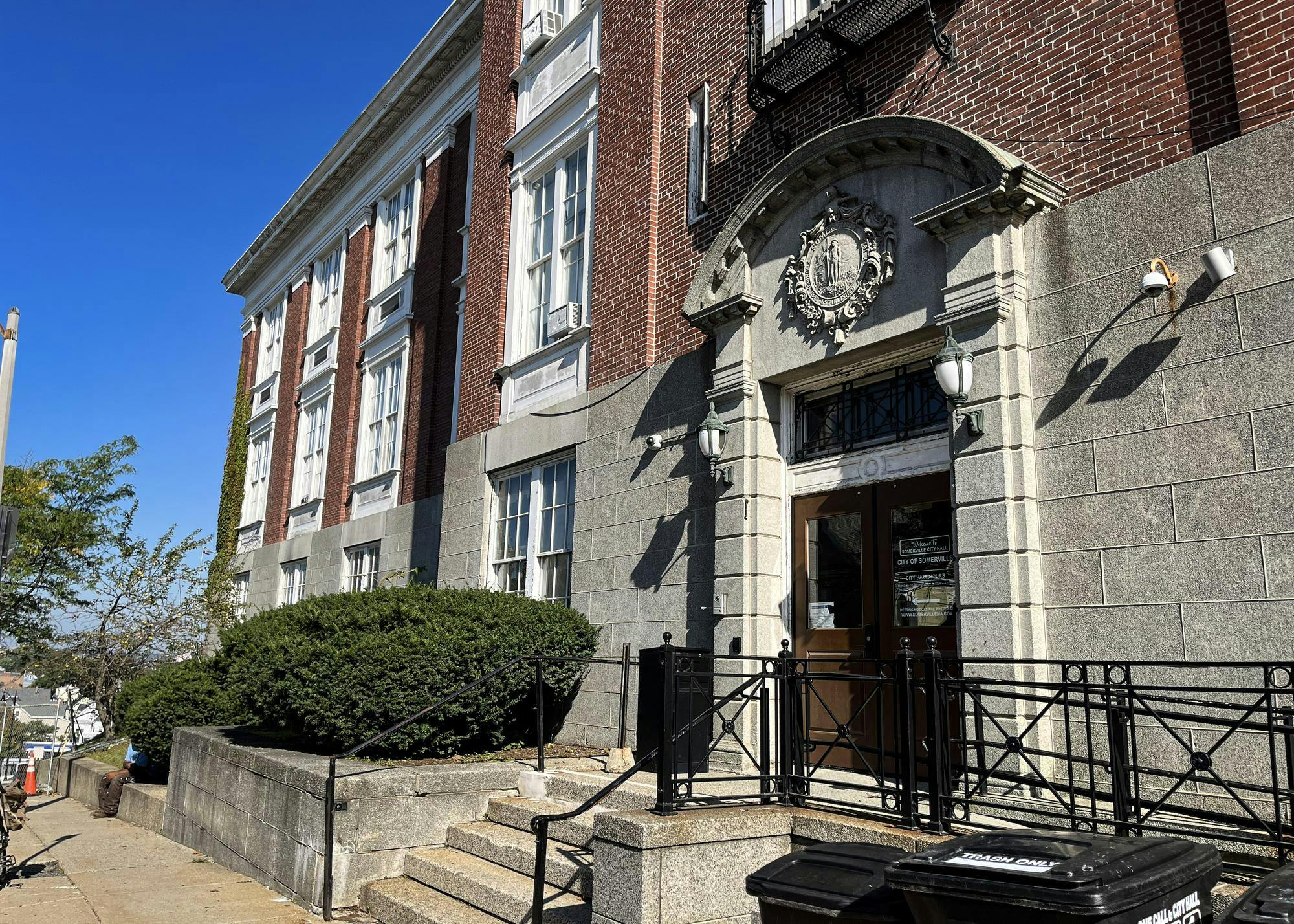In March, Mayor Katjana Ballantyne announced that Somerville will begin a one-year guaranteed basic income pilot program this July. Approximately 200 households will receive monthly payments of $750 to use for self-identified expenses with the ultimate goal of increasing financial and housing stability. Much of this program’s funding comes from the American Rescue Plan Act, established in 2021.
Mayor Ballantyne said the decision to implement a Guaranteed Basic Income program was grounded in a desire to aid the city’s most vulnerable.
“We care about people in Somerville. We care about those who are vulnerable and who are on the verge of displacement. That is the value that I hold, and it’s a goal that I … have been trying to work on in some shape or manner in the last two decades,” she said. “This is what I felt was an intentional way to try to keep those who are most in need [in the city].”
Of the 200 identified recipients, around 130 were put forward by the Office of Housing Stability. The remaining participants were selected by the Somerville Family Learning Collaborative , a division of the Somerville Public School system, according to Ruth Santos, director of the SFLC.
“It’s a different caseload [for] all Somerville families, but [the SFLC participants] are specifically families within the public schools that we know to be at risk for homelessness or currently experiencing homelessness,” Santos said.
According to Jennifer Ochoa, a social worker with the Office of Basic Needs and Housing Support Services, there is a clear correlation between housing and financial stability and educational outcomes.
“There is a lot of data and a lot of research, particularly around absenteeism and housing instability because the families that we work with tend to be highly mobile families, often moving from either city to city or from home to home. We also have a lot of youth over the age of 18 [for whom instability] has a significant impact on their education. … If basic needs are not met, there’s just really no way that you can move on to that next part of the pyramid,” she said. “This program … encourages a little bit more stability for the children within the schools as well.”
While the city can not enforce participation in the study, they anticipate that the work put into developing a relationship with each family will incentivize program participants to keep in touch.
“A lot of our work revolves around a very specific piece of work called ‘warm handoffs,’” Santos said. “For example, when people pick up the card that will be used for the GBI, there will be people there to take the research. And if the families who come recognize us and know us and trust us, and we say, ‘Oh, hey, there’s someone here who would like you to be involved in a research thing,’ and we’re able to explain to them what that is. They’re much more likely to take part, because they’ve had this warm handoff through a trusted and known person.”
Mayor Ballantyne also mentioned that there are opportunities for recipients to provide feedback to the city regarding their experiences with the program.
“Our hope is that they will participate in a relatively short survey, and there are then going to be quarterly check-ins and surveys going forward,” Ballantyne said.
But, as Ochoa noted, it is perhaps also a positive sign if the city does not hear from recipients.
“I think that we can also gauge if there’s a family that’s constantly in a crisis, and then after GBI, maybe things are a little bit more settled, we can assume that it’s having a positive impact on the home.” she said.
Ellen Schachter, director of the OHS, explained that this pilot program is one part of a holistic approach to combat the current displacement and cost-of-living crisis.
“The movement around guaranteed basic income is really one that’s looking at what happens when we assist people without strings attached,” Shachter said. “What happens when we give them some ability to make their own choices and to have the opportunities to make choices about how they spend money rather than all the kinds of specifically targeted rental assistance? And I think we are all hopeful from the data out there, that this kind of ability to control that extra resource really does lead to [better] mental and physical health overall, that there are really some advantages.”
Overall, the city is optimistic about the program’s prospects.
“I am totally thrilled that we were able to get this up and going,” Mayor Ballantine said. “It’s taken quite a bit of work to make it happen. I am thrilled that we’ve been able to work in a collaborative way … we’ve tailored it specifically to what would be the most impactful approach for residents who live here now. So … I’m thrilled.”






